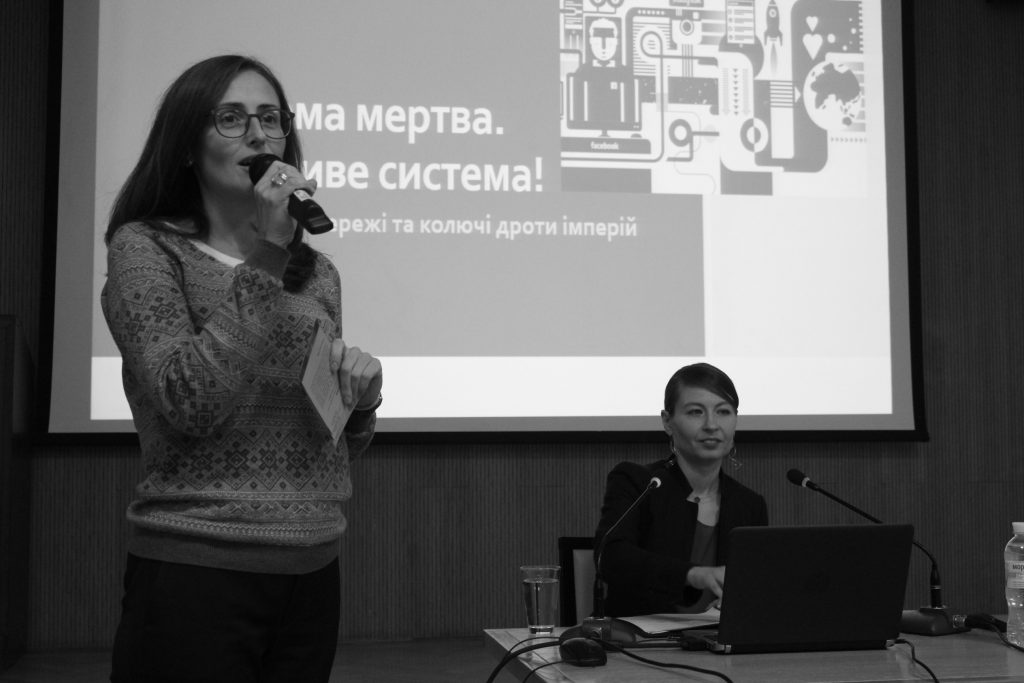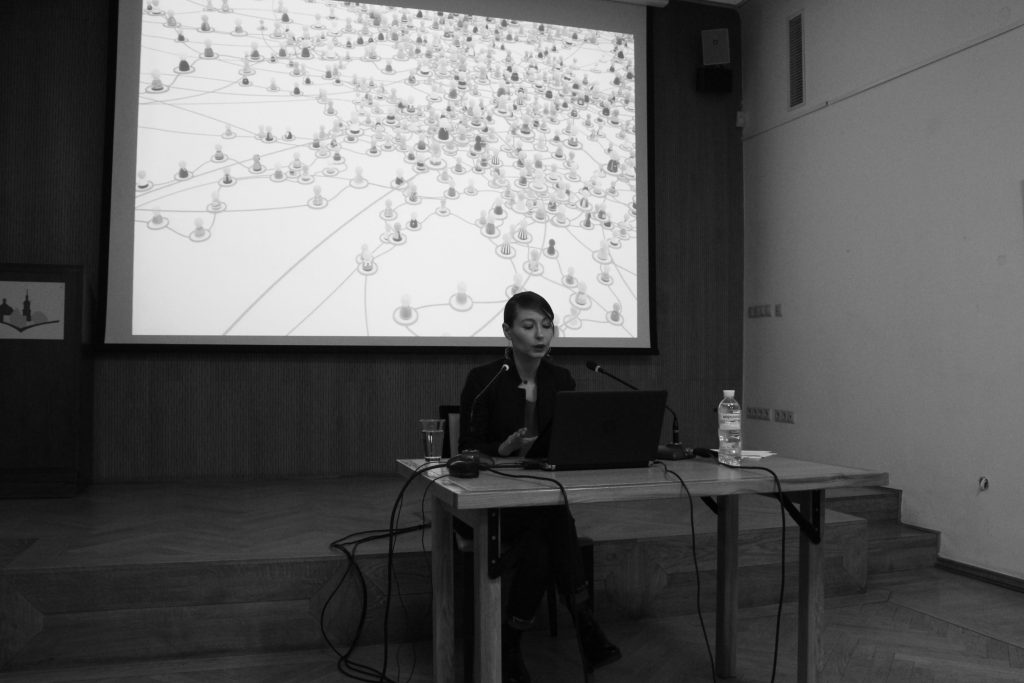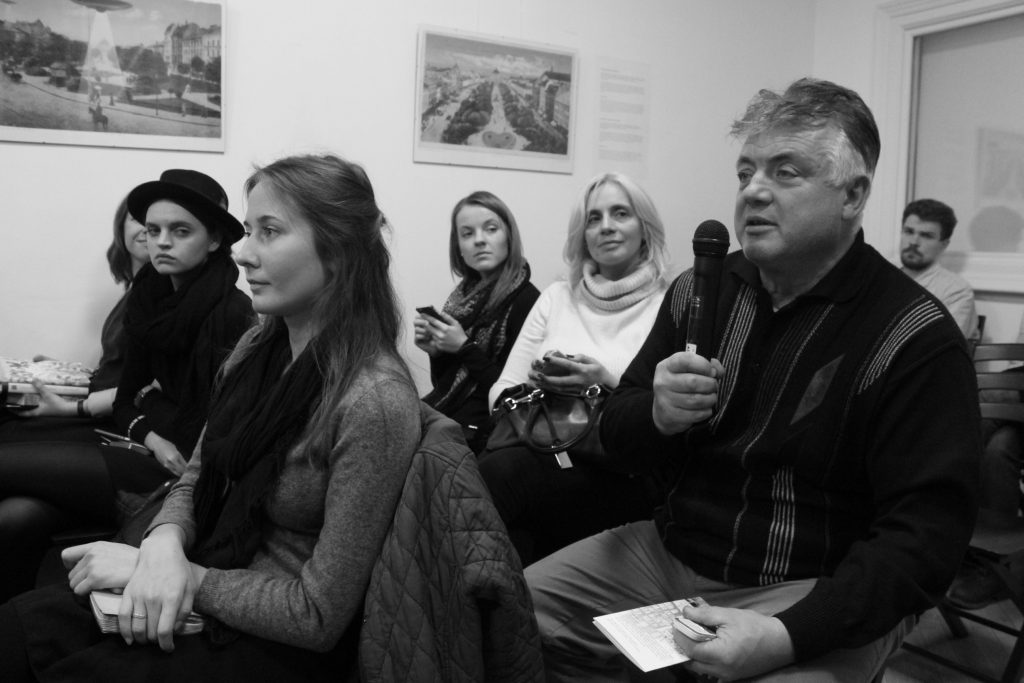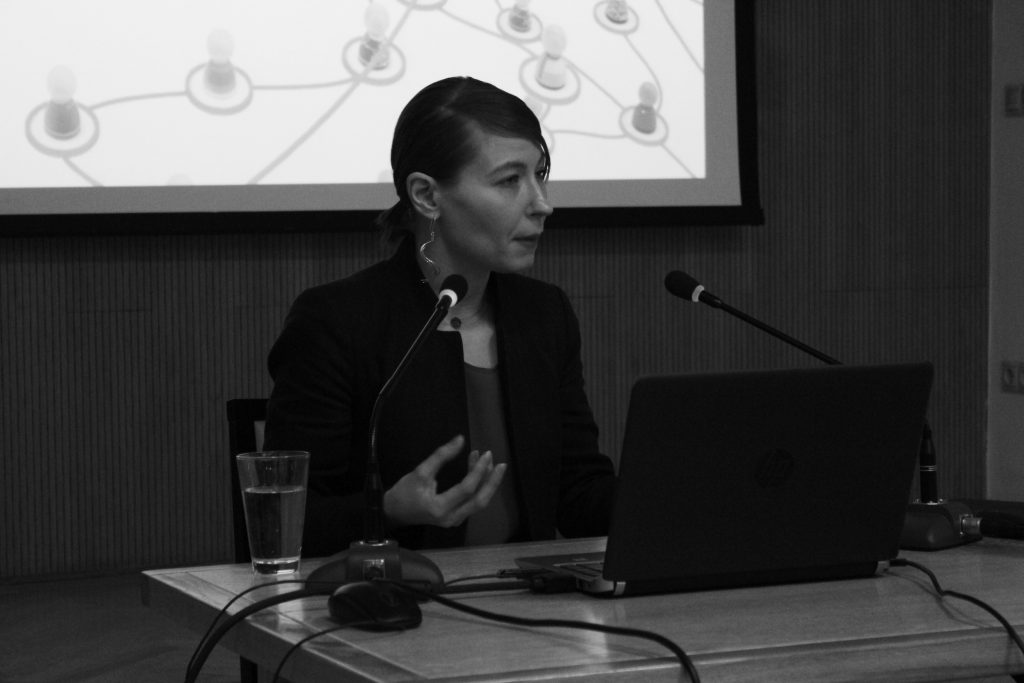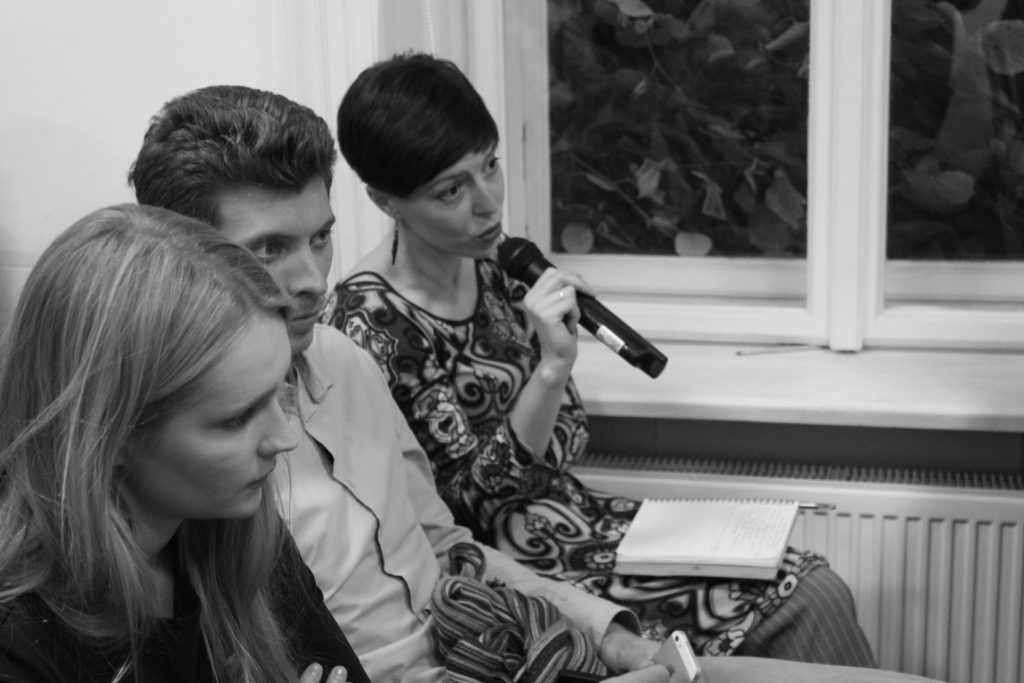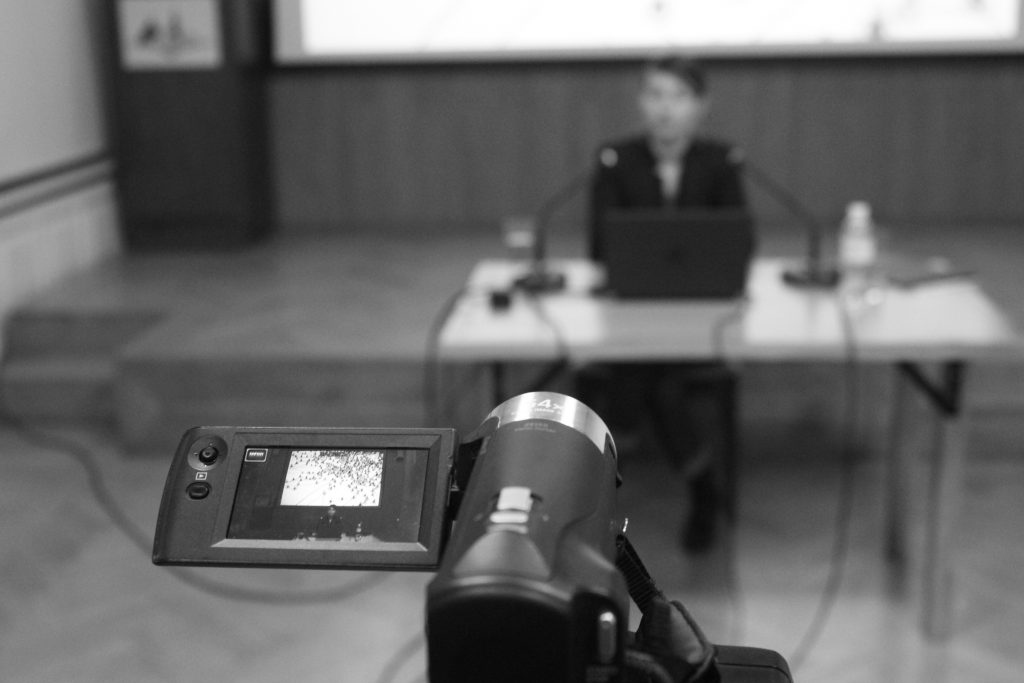The System is Dead. Long Live the System! Algorithms, Networks and the Barbed Wires of Empires
Svitlana Matviyenko
West Ontario University27.10.2016, 18:00
Center for Urban History, Lviv
Early 1990s was the period when everything seemed to suggest total degrading and destruction of the system associated with the Soviet Union. Its visible infrastructure – the assemblage of buildings and services needed for various fields of material production and for providing conditions of social life – was literally falling into pieces at a fast speed. Its invisible ideological "infrastructure" seemed to have fallen apart long time before that. The Internet arrived to break the last borders, so carefully guarded by the Soviet state. Shortly, such belief was confirmed by a landmark event in August 1991: when all news channels found themselves under control of the organizers of the coup, the first email sent beyond the borders of the state went out from a Moscow computer. It informed world media about the coup and went on updating the world about the developments in real time mode. This event gained its place in history and a role in the defeat of the coup leading to the collapse of the Soviet Union.
Paradoxically, on the basis of the degrading empire and its infrastructure, there took place a formation of another, global information empire. It did not reduce but reinforced the mechanisms of control and manipulation of rights, freedoms, and opinions of citizens. During the lecture, we shall talk about the specifics of transformation and reorganization of modern jurisdictions and political geography during last thirty years and about the significance of these processes for Ukrainian users of mobile technologies and networks – today and in the future.
How come that those who used to fight against totalitarian ideology of the Pravda newspaper now rely on the algorithm-based totalitarianism of the Facebook newsfeed? What else, apart from the material infrastructure, have we inherited from the totalitarian system? Have we managed to reexamine our Soviet subjectivity of privileged "citizens of a separately taken country"? Why is it so hard to get rid of the legacy that prevents us today from apprehending ideological mechanisms of information imperialism?

Svitlana Matviyenko
is a media researcher (PhD in History and Philosophy of Technologies and Information Theory, West Ontario University, 2015; and PhD in Theory of Criticism and Film and Media Theory, Missouri University, 2011). She lectures at the Faculty of Information and Media Studies at West Ontario University. She is co-editor (jointly with Paul D. Miller) of the book The Imaginary App (MIT Press, 2014), a collection of studies on mobile applications and cloud computing. Her research interests include parallel histories of cybernetics and psychoanalysis, a phenomenon of a complicit user and media archeology of information war. Recent publications: “Interpassive User: Complicity and the Returns of Cybernetics” (Fibreculture Journal 25″Apps and Affect”) and “Cinema for A Missing People: Gilles Deleuze’s Crystal Image and Alexander Dovzhenko’s Zvenyhora”. Currently, she works on the book (co-authored by Nick Dyer-Witheford) “Information Wars and Personalized Internet”.
The event is part of the lectures and discussions program "Transformations in East Europe: 27 Years Later".

